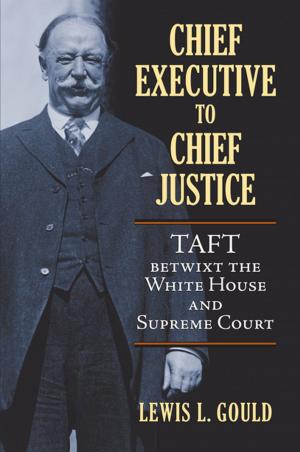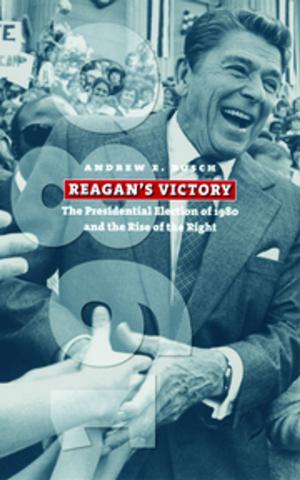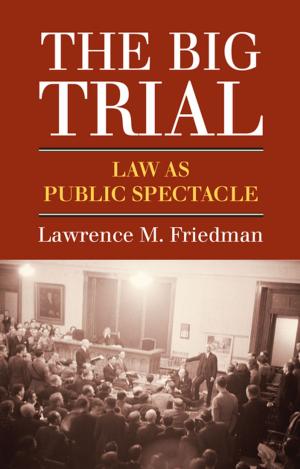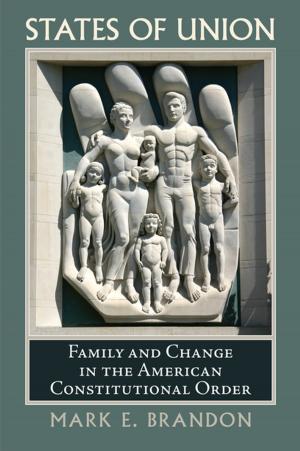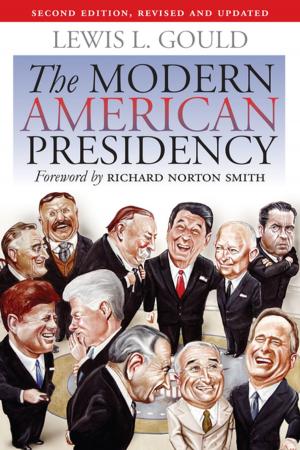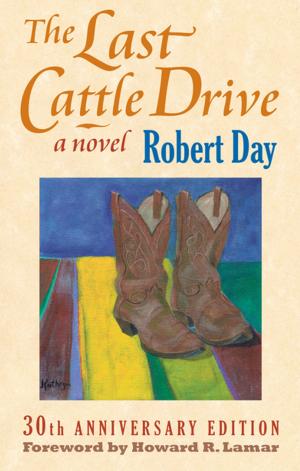Irreparable Harm
A Firsthand Account of How One Agent Took on the CIA in an Epic Battle Over Free Speech
Nonfiction, Reference & Language, Law, Legal History, Constitutional, Social & Cultural Studies, Political Science| Author: | Frank Snepp | ISBN: | 9780700623778 |
| Publisher: | University Press of Kansas | Publication: | April 30, 2001 |
| Imprint: | University Press of Kansas | Language: | English |
| Author: | Frank Snepp |
| ISBN: | 9780700623778 |
| Publisher: | University Press of Kansas |
| Publication: | April 30, 2001 |
| Imprint: | University Press of Kansas |
| Language: | English |
Among the last CIA agents airlifted from Saigon in the waning moments of the Vietnam War, Frank Snepp returned to headquarters determined to secure help for the Vietnamese left behind by an Agency eager to cut its losses. What he received instead was a cold shoulder from a CIA that in 1975 was already in turmoil over congressional investigations of its operations throughout the world.
In protest, Snepp resigned to write a damning account of the agency's cynical neglect of its onetime allies and inept handling of the war. His expose, Decent Interval, was published in total secrecy, eerily evocative of a classic spy operation, and only after Snepp had spent eighteen months dodging CIA efforts to silence him. The book ignited a firestorm of controversy, was featured in a 60 Minutes exclusive, received front-page coverage in the New York Times, and launched a campaign of retaliation by the CIA, capped by a Supreme Court decision that steamrolled over Snepp's right to free speech.
In the wake of Snepp's harrowing experiences, his legal case has been used by Presidents Reagan, Bush, and Clinton to narrow the First Amendment freedoms of all federal employees, especially "whistleblowers." Such encroachments make it clear that Snepp's very personal story has a great deal of relevance for all of us and certainly for anyone who has grown increasingly distrustful of the federal government's "national security argument."
"The First Amendment to the Constitution protects our right to say what we think, however unwelcome the message may be. And the 'central meaning of the First Amendment,' as the Supreme Court has put it, is the right to criticize government and its officials. So we believe. But the story of Frank Snepp mocks our belief. . . . A shocking revelation of how the law can be twisted in a country that prides itself on 'Equal Justice Under Law.'"—Anthony Lewis (from the Foreword)
Among the last CIA agents airlifted from Saigon in the waning moments of the Vietnam War, Frank Snepp returned to headquarters determined to secure help for the Vietnamese left behind by an Agency eager to cut its losses. What he received instead was a cold shoulder from a CIA that in 1975 was already in turmoil over congressional investigations of its operations throughout the world.
In protest, Snepp resigned to write a damning account of the agency's cynical neglect of its onetime allies and inept handling of the war. His expose, Decent Interval, was published in total secrecy, eerily evocative of a classic spy operation, and only after Snepp had spent eighteen months dodging CIA efforts to silence him. The book ignited a firestorm of controversy, was featured in a 60 Minutes exclusive, received front-page coverage in the New York Times, and launched a campaign of retaliation by the CIA, capped by a Supreme Court decision that steamrolled over Snepp's right to free speech.
In the wake of Snepp's harrowing experiences, his legal case has been used by Presidents Reagan, Bush, and Clinton to narrow the First Amendment freedoms of all federal employees, especially "whistleblowers." Such encroachments make it clear that Snepp's very personal story has a great deal of relevance for all of us and certainly for anyone who has grown increasingly distrustful of the federal government's "national security argument."
"The First Amendment to the Constitution protects our right to say what we think, however unwelcome the message may be. And the 'central meaning of the First Amendment,' as the Supreme Court has put it, is the right to criticize government and its officials. So we believe. But the story of Frank Snepp mocks our belief. . . . A shocking revelation of how the law can be twisted in a country that prides itself on 'Equal Justice Under Law.'"—Anthony Lewis (from the Foreword)


